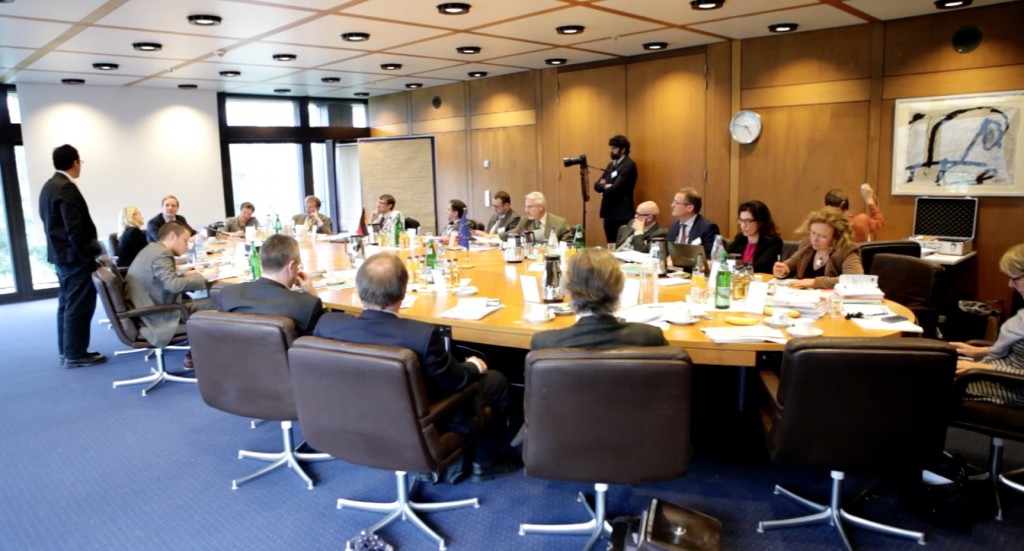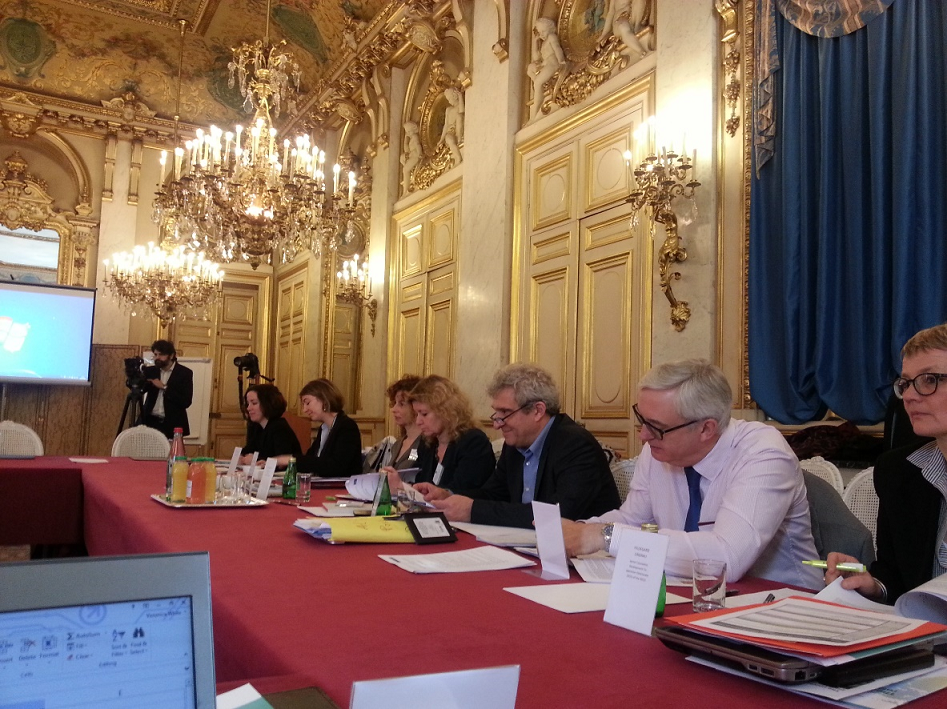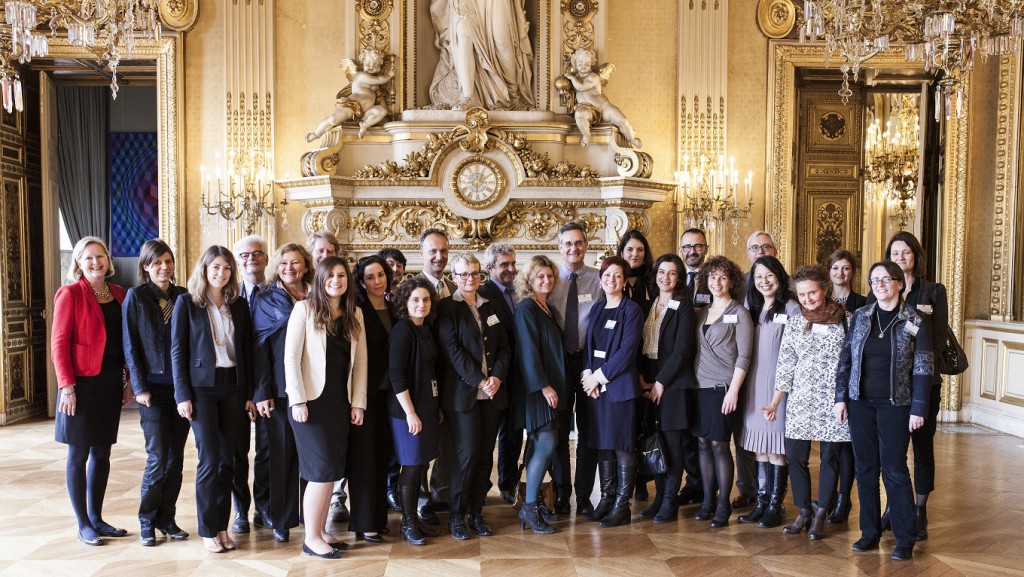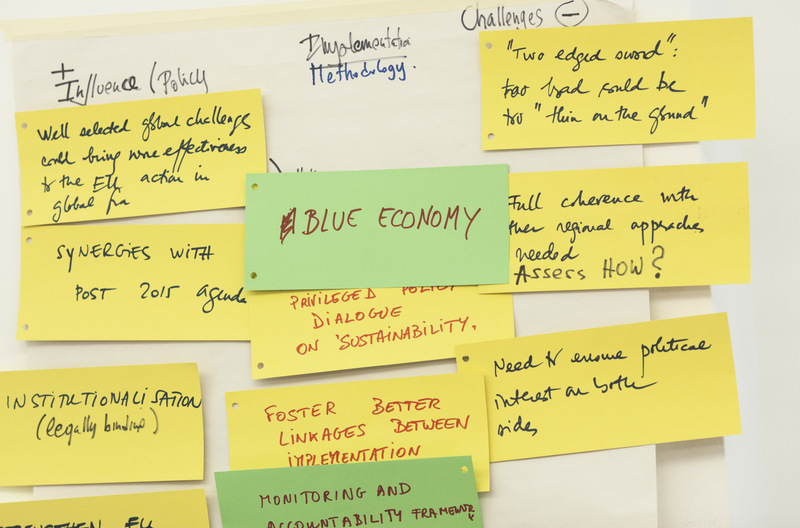Country or Region: ACP – EU
Sector: Strategy and Policy Making
Client: European Commission
The Cotonou Partnership Agreement (CPA) is the latest milestone in the European Union’s (EU) relations with the African, Caribbean and Pacific (ACP) countries and was concluded in 2000 between the EU and its Member States and the ACP countries for a 20-year period in Cotonou, Bénin. The CPA’s main objective is to reduce and eventually eradicate poverty, while contributing to sustainable development and gradually integrating ACP countries into the world economy. The CPA will expire in 2020, and negotiations are due to start at the latest in August 2018 in order to examine what provisions shall subsequently govern ACP-EU relations.
The project aimed at gathering a critical mass of expertise in order to stimulate a wider discussion on post-Cotonou issues and support the European Commission and EEAS in preparation of the negotiations on a revised Cotonou Agreement. The expertise gathered in this targeted consultation will feed into a Green Paper which will be the basis of a broader public consultation at the end of 2015.
This targeted consultation was organised in the form of Round Tables around a set of seven thematic clusters. Each Round Table was tasked with debating on post-Cotonou issues and identifying key questions that should be raised in a public consultation in the following areas of study:
- Cluster 1: What kind of partnership do we want?
- Cluster 2: Future framework for international cooperation and development policy.
- Cluster 3: Means of implementation.
- Cluster 4: Stakeholders and institutions.
- Cluster 5: Regional integration and trade.
- Cluster 6: Global challenges.
- Cluster 7: Demographic developments.
Participating experts were selected for their knowledge and expertise in the relevant areas. The number and composition of participants was carefully balanced in order to ensure the broadest possible coverage of views from European stakeholders and a diversity of profiles to stimulate an open debate on post-Cotonou issues. In total, the Round Table process provided initial assessments and opinions from a total of 103 participants – experts from academia, think-tanks, private sector, Civil Society organisations, EU Institutions and EU Member States – based on their experience with the ACP-EU partnership and their thematic knowledge in the specific cluster.
The assignment consisted of several tasks: identifying and selection participants and speakers for the thematic Round Tables, drafting Scoping Paper (short studies providing background information on the corresponding clusters), organising the Round Tables and drafting Round Table reports, organising a Concluding Round Table and drafting the Final Report.






